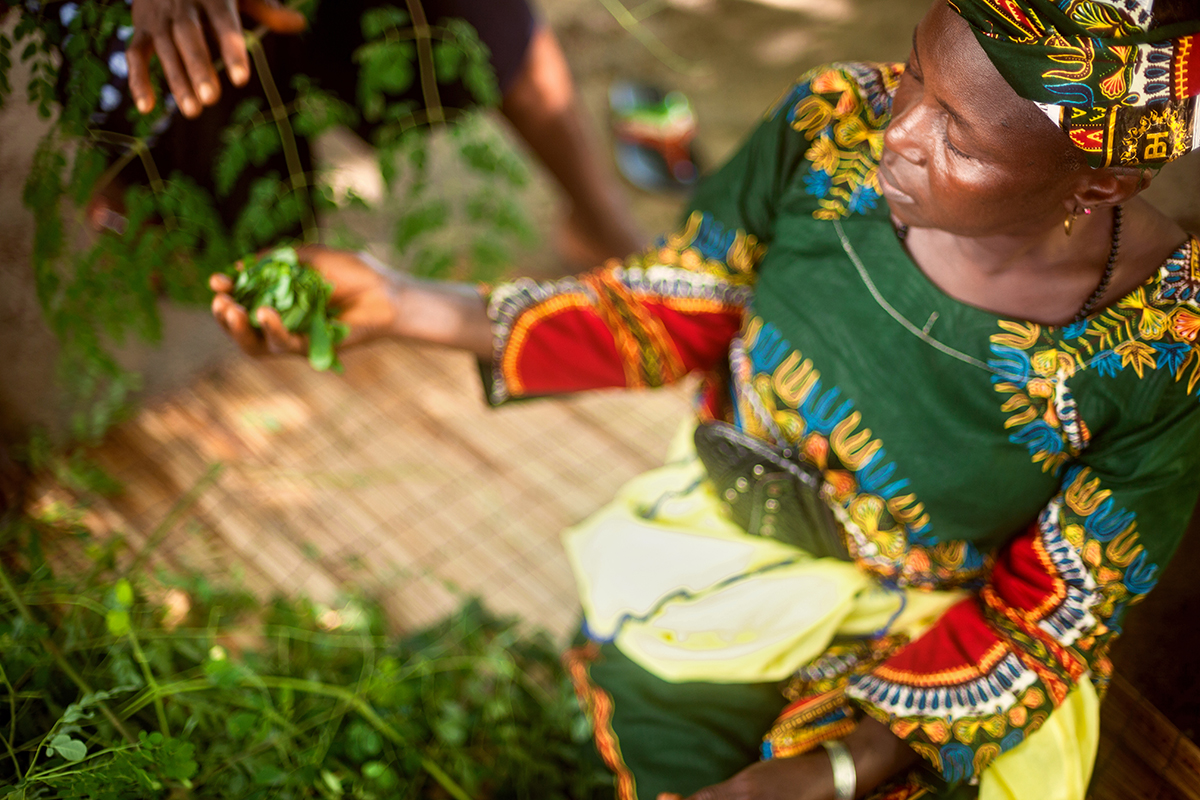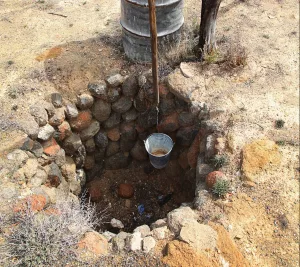heading
PROJECT: ACCOUNTABILITY FOR SUSTAINABILITYMiddle East and North Africa
The Middle East and North Africa is the world’s most water-scarce region. Here the Accountability for Sustainability Programme focuses on strengthening the management of water at country level.
More than 60 per cent of the population in the Middle East and North Africa live in areas with high water stress, and the situation looks set to get worse. Many countries in the region are withdrawing unsustainable amounts of water and putting too much pressure on water, land, and biodiversity. The situation is aggravated by climate change as well as rapid population and economic growth. Another serious problem is that many people do not have access to clean water and safely managed sanitation.
Despite this challenging situation, water service fees have been kept very low thanks to effective water subsidies that are among the highest in the world. This means that limited funds are tied to subsidies that also create a lack of incentives to manage water and nature with more care. Yet changing path is difficult due to financial constraints, conflicts, corruption, and a lack of political legitimacy
There is a risk of a vicious cycle where governments fail to deliver basic water services and respond to growing water-related disasters triggered by climate change, causing social tensions. By strengthening water governance and the management of water, countries can instead increase their resilience to risks from growing water scarcity of climate change.
SIWI encourages the bridging of WASH governance with Water Resources Management to improve the availability and protection of water resources and strengthen long-term resilience. We undertake studies on water scarcity and climate change, support with capacity-building on specific tools and offer advice based on best-practice examples from other parts of the world. A help-desk function helps review policies, strategies and project proposals.


